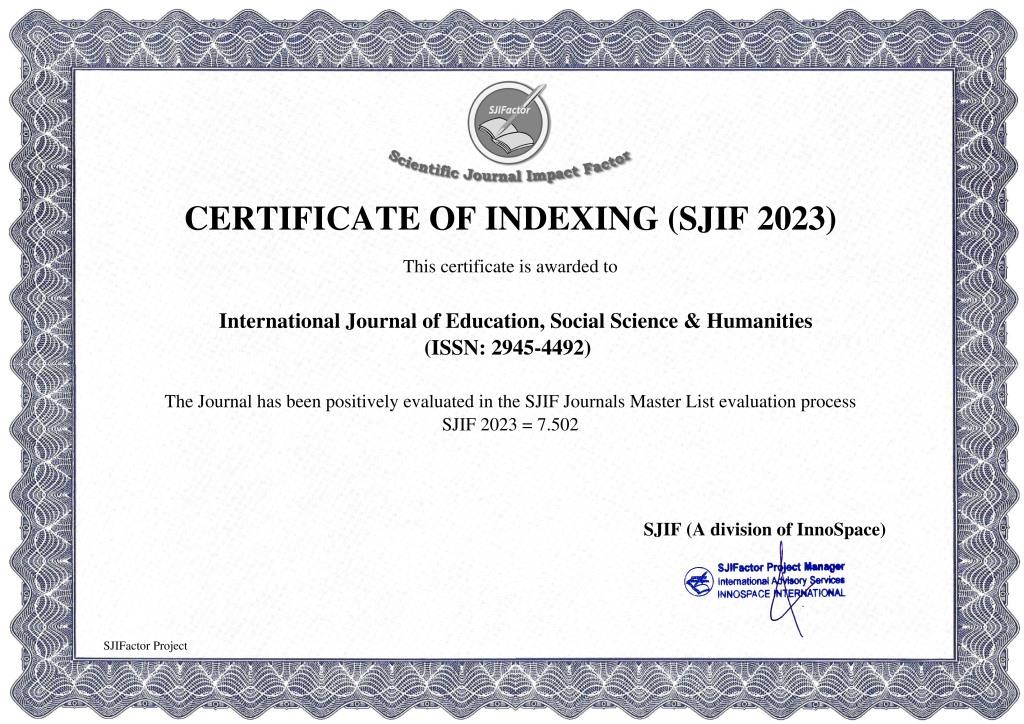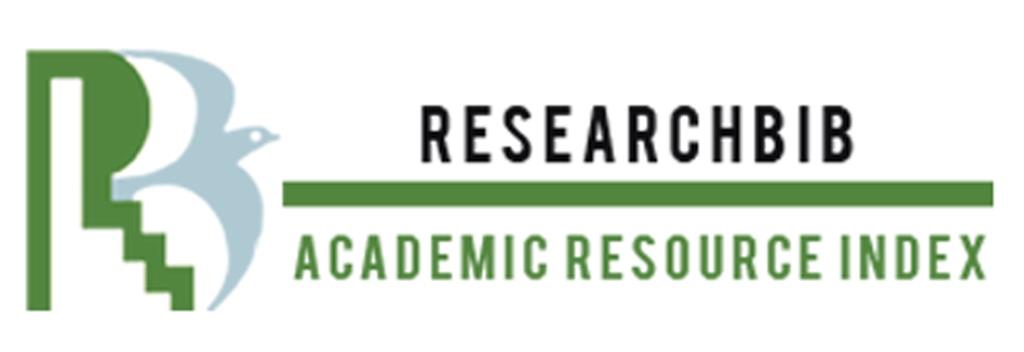DEVELOPMENT OF THE RUSSIAN LITERARY LANGUAGE
Keywords:
Russian language, evolution, external source, social and cultural aspects, nuances.Abstract
This scientific article focuses on the study of various factors and influences formed during the entire development of the Russian literary language. From the early stages of its evolution to the present, the Russian literary language has undergone many changes, absorbing elements from different periods and external sources. By studying the historical, social, and cultural aspects that contributed to this linguistic evolution, we can gain a deeper understanding of the complexities and nuances inherent in the Russian language.
References
- Lotman, Y. ( 1990). The Structure of the Artistic Text and the Problem of Language. In Universe of the Mind: A Semiotic Theory of Culture ( pp. 277-304). Indiana University Press.
- Gasparov, M. L. ( 2004). Introduction. In A history of the Russian Literary Language: From the Seventeenth Century to the Twentieth ( pp. 1-14). Clarendon Press.
- Early Influences on the Russian Literary Language:- Steiner, A. ( 1986).
The Beginnings of the Iconic Word. In Russian Formalism: A Metapoetics ( pp. 37-53). Cornell University Press.
- Standardization of the Russian Literary Language:- Gerhardt, B. ( 1993). Standardizing the Russian Language. In The Russian Language Today ( pp. 53-75). Routledge.
- Timberlake, A. ( 2004). Counterforces to Standardization of the Russian Language. In A Reference Grammar of Russian ( pp. 27-48). Cambridge University Press.














